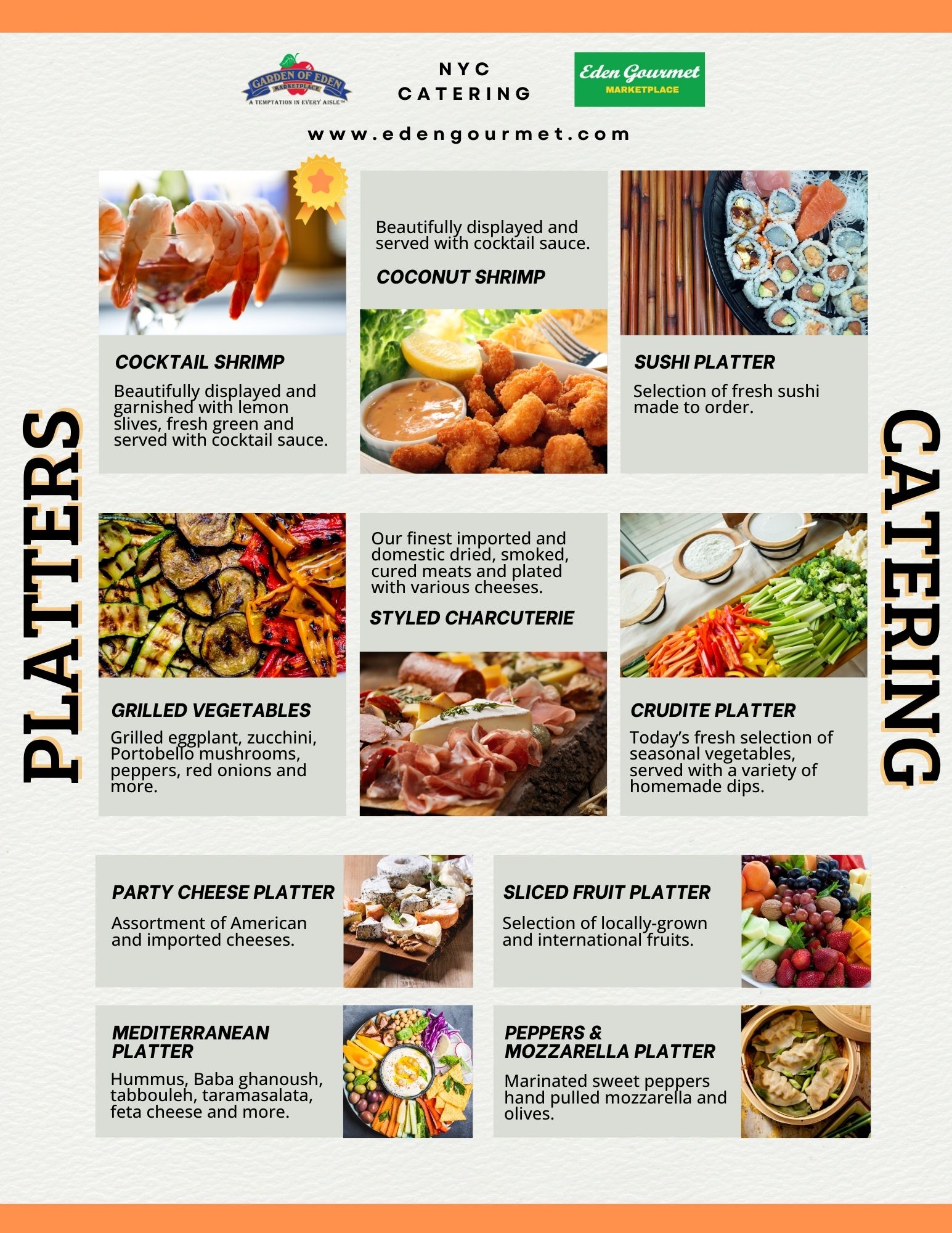Share This Story, Choose Your Platform!
Exploring the Heart-Healthy Seafood of the Mediterranean Diet
The Mediterranean diet has long been hailed as one of the healthiest diets in the world. With its emphasis on fresh fruits and vegetables, whole grains, olive oil, and moderate consumption of red wine, this eating pattern has been linked to numerous health benefits, including reduced risk of heart disease, stroke, and certain types of cancer. However, one of the key components that sets the Mediterranean diet apart is its reliance on seafood. In this article, we will delve into the heart-healthy seafood of the Mediterranean diet, exploring its nutritional power, sustainability, and delicious recipes that can be easily incorporated into your diet.
The Mediterranean Diet: A Brief Overview of its Health Benefits
Before we dive into the role of seafood in the Mediterranean diet, let’s take a moment to understand the overall health benefits of this eating pattern. Numerous studies have shown that following a Mediterranean diet can significantly reduce the risk of heart disease. A study published in the New England Journal of Medicine found that individuals who followed a Mediterranean diet supplemented with extra-virgin olive oil or nuts had a 30% lower risk of heart attack, stroke, or death from cardiovascular causes compared to those on a low-fat diet.
Additionally, the Mediterranean diet has been associated with a reduced risk of type 2 diabetes, certain types of cancer, and cognitive decline. Its emphasis on whole, unprocessed foods and healthy fats also promotes weight loss and weight management.
The Role of Seafood in the Mediterranean Diet: A Nutritional Powerhouse
Seafood plays a crucial role in the Mediterranean diet, providing a rich source of essential nutrients. Fish and shellfish are excellent sources of high-quality protein, omega-3 fatty acids, vitamins, and minerals. Omega-3 fatty acids, particularly EPA and DHA, have been shown to reduce inflammation, lower blood pressure, improve heart health, and support brain function.
A study published in the Journal of the American Medical Association found that individuals who consumed fish at least once a week had a significantly lower risk of developing heart disease compared to those who rarely or never ate fish. The American Heart Association also recommends eating fish, especially fatty fish like salmon, mackerel, and sardines, at least twice a week to reap the cardiovascular benefits.
From the Sea to Your Table: Fresh and Sustainable Seafood Choices
When it comes to selecting seafood for your Mediterranean diet, it is important to choose fresh and sustainable options. Opt for wild-caught fish whenever possible, as they tend to have higher levels of omega-3 fatty acids compared to their farmed counterparts. Look for labels such as Marine Stewardship Council (MSC) or Aquaculture Stewardship Council (ASC) certification, which ensure that the seafood has been sourced sustainably.
Some excellent choices for Mediterranean seafood include salmon, sardines, mackerel, trout, tuna, and anchovies. These fish are not only rich in omega-3 fatty acids but also low in mercury, making them safe for regular consumption. Shellfish like shrimp, mussels, and clams are also great options, as they are low in fat and high in protein.
Health Benefits of Mediterranean Seafood: Boosting Heart Health and Beyond
The health benefits of incorporating Mediterranean seafood into your diet go beyond just heart health. Omega-3 fatty acids have been shown to reduce inflammation, which is a key factor in many chronic diseases, including arthritis, asthma, and certain types of cancer. These fatty acids also support brain health and may help reduce the risk of cognitive decline and Alzheimer’s disease.
Additionally, seafood is a great source of lean protein, which is essential for muscle growth and repair. It also contains important vitamins and minerals such as vitamin D, iodine, selenium, and zinc, which play a crucial role in maintaining overall health and well-being.
Delicious Mediterranean Seafood Recipes: Incorporating Heart-Healthy Dishes into Your Diet
Now that we understand the importance of seafood in the Mediterranean diet, let’s explore some delicious recipes that can be easily incorporated into your meal plan. One classic Mediterranean dish is grilled salmon with lemon and herbs. Simply marinate the salmon in a mixture of olive oil, lemon juice, garlic, and fresh herbs like dill or parsley, then grill until cooked through. Serve with a side of roasted vegetables or a Greek salad for a complete and nutritious meal.
Another popular Mediterranean seafood recipe is shrimp and vegetable skewers. Thread shrimp, cherry tomatoes, bell peppers, and zucchini onto skewers, then grill or broil until the shrimp is pink and cooked through. Serve with a side of whole-grain couscous or quinoa for a satisfying and protein-packed meal.
For those who prefer shellfish, a classic Mediterranean dish is linguine with clams. Sauté garlic and red pepper flakes in olive oil, then add fresh clams and white wine. Cover and cook until the clams open, then toss with cooked linguine and fresh parsley. This simple yet flavorful dish is sure to impress your taste buds.
In conclusion, seafood plays a vital role in the heart-healthy Mediterranean diet. Its rich nutritional profile, including omega-3 fatty acids, lean protein, and essential vitamins and minerals, makes it a nutritional powerhouse. By selecting fresh and sustainable seafood options and incorporating delicious Mediterranean seafood recipes into your diet, you can maximize the health benefits and enjoy the flavors of the Mediterranean. So, dive into the sea and discover the heart-healthy wonders that await you!

























































